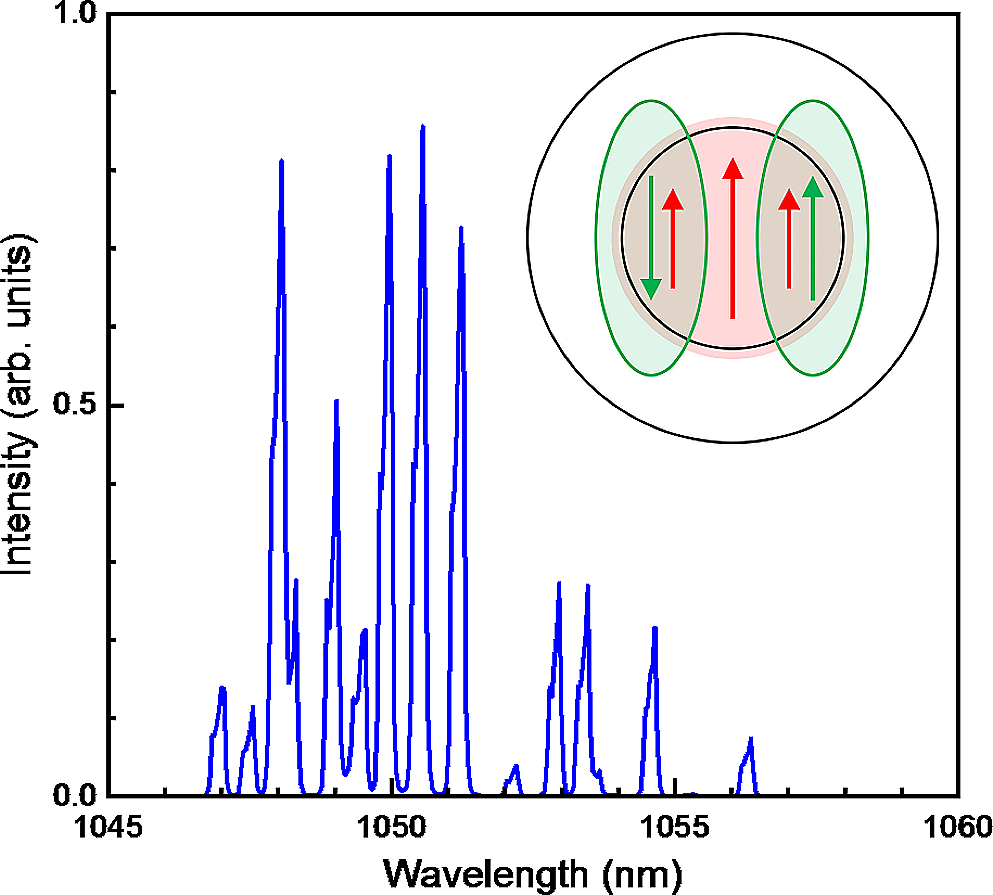Contents

Source: SlideServe
<>
Intracavity Laser Absorption Spectroscopy
Overview
Intracavity laser absorption spectroscopy (ICLAS) is a powerful technique used for highly sensitive spectroscopic measurements. It involves placing the substance to be analyzed within the resonator of a laser with a broad gain bandwidth and low losses. By allowing the laser to oscillate on multiple resonator modes simultaneously, the technique enables the concentration of the optical spectrum to the region with the highest gain, where weak absorption features of the sample can be detected.
Principle and Setup
ICLAS offers long effective path lengths and high spectral resolution by utilizing laser gain media like neodymium-doped fibers, titanium-doped sapphire, laser dyes, and more. The key is to have a broad, flat gain spectrum, minimize resonator losses, and prevent parasitic reflections within the laser resonator. The technique allows for the detection of trace gases with exceptional sensitivity and specificity.
Applications
ICLAS finds applications in various fields, including environmental monitoring (detecting pollutants and greenhouse gases), industrial process monitoring (monitoring trace gases in industrial processes), medical diagnostics (detecting trace gases in breath for medical conditions), and homeland security (identifying explosives and chemical warfare agents).
Future Developments
The field of ICLAS continues to evolve with ongoing research and technological advancements. Researchers are exploring new laser gain media, optimizing setups for improved sensitivity, and expanding the range of applications for this powerful spectroscopic technique.
Conclusion
Intracavity laser absorption spectroscopy is a valuable tool for conducting highly sensitive spectroscopic measurements in various fields. With its ability to achieve long effective path lengths and high spectral resolution, ICLAS plays a crucial role in environmental monitoring, industrial processes, medical diagnostics, and security applications.

Source: link.springer.com
Feel free to comment your thoughts.



